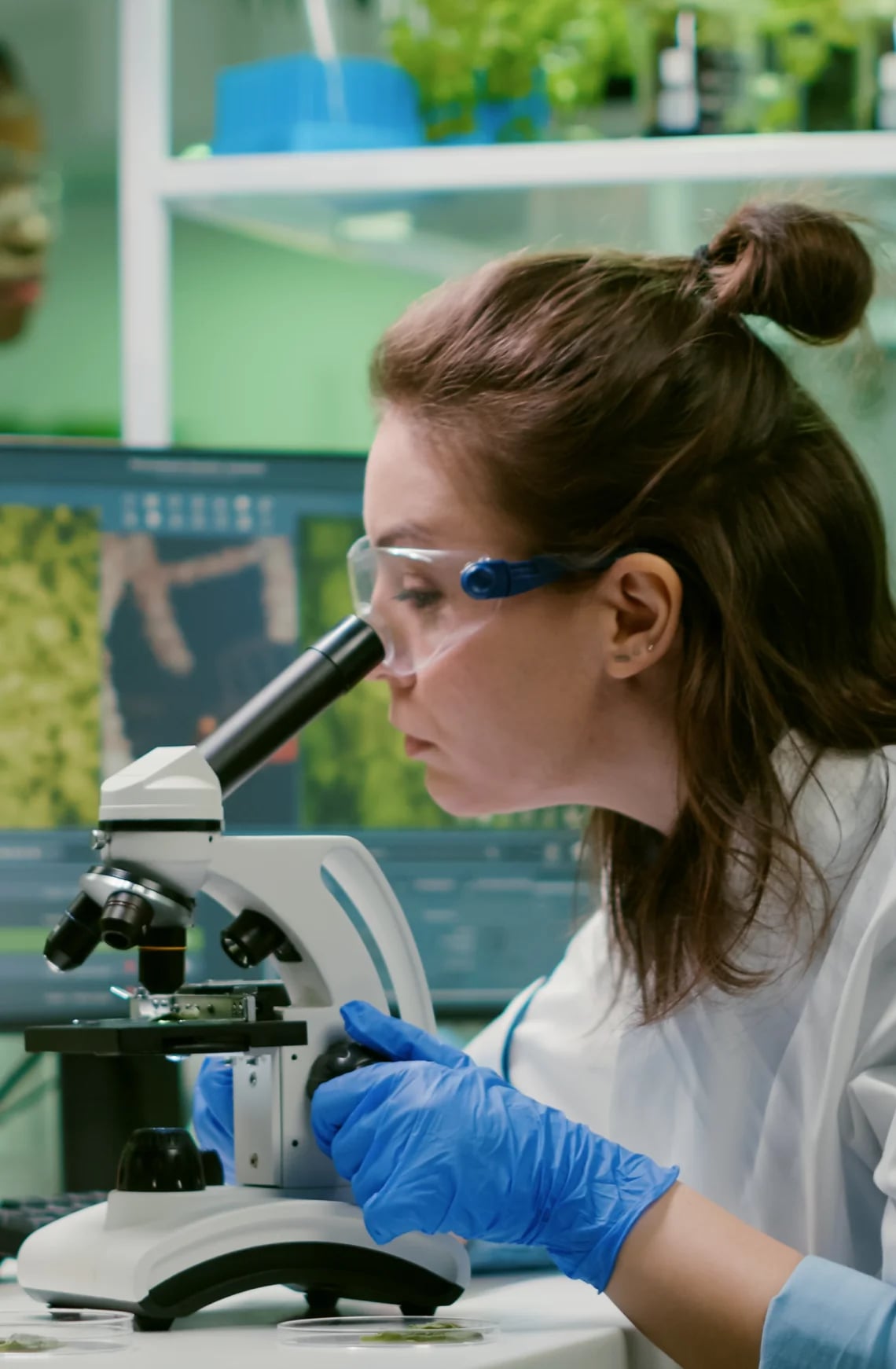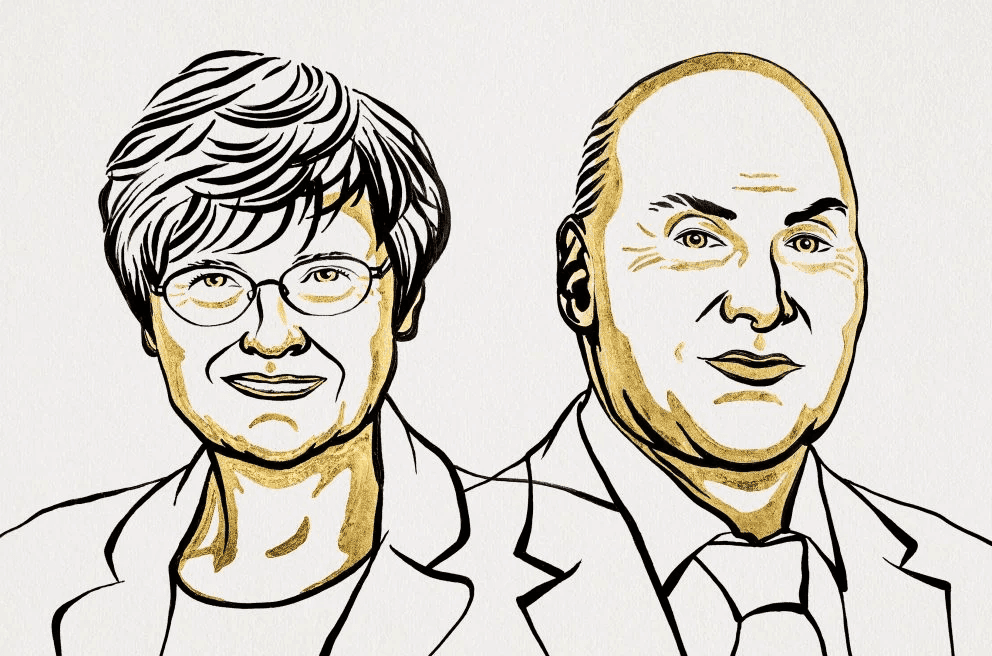Nobel Prize in Physiology or Medicine 2023: Pioneering Breakthroughs With Mice and Mammalian Cells
Drs. Katalin Karikó and Drew Weissman won the 2023 Nobel Prize in Physiology or Medicine Monday for their groundbreaking contributions to the field of medical science. Their pioneering work, which has had a profound impact on the development of vaccines and treatments, revolves around animal research with mice as a crucial model organism as well as mammalian cells.
The Mice that Changed Medicine
At the heart of Karikó and Weissman's research is the discovery of a chemical modification that keeps the body from destroying messenger RNA (mRNA) molecules. This modification was identified through extensive research with mice and mammalian cells. Mice are instrumental in scientific research due to their genetic similarity to humans, making them ideal models for studying the intricacies of the immune system.
mRNA: A Game-Changer in Medicine
The significance of their work cannot be overstated. The identification and harnessing of mRNA have paved the way for the development of highly effective vaccines, including those for COVID-19. The mRNA technology has opened doors to rapid vaccine production and customization, revolutionizing the way scientists combat infectious diseases.
By working with mice, Karikó and Weissman modified mRNA molecules encoding virus antibodies in such a way that the body does not automatically destroy them, leading to the development of novel vaccines to protect the body against viruses. This breakthrough has not only transformed the landscape of infectious disease control but also holds tremendous promise for future therapies, including treatments for cancer and genetic disorders.
The Legacy of Dr. Karikó and Dr. Weissman
This Nobel Prize recognition underscores the immense importance of their work. Dr. Katalin Karikó, who was born in Hungary, and Dr. Drew Weissman, a professor at the University of Pennsylvania, have shown remarkable dedication to advancing medical science. Their journey, which began with curiosity and perseverance, has had a lasting impact on global health.
Their accomplishments serve as an inspiration to scientists worldwide, emphasizing the vital role that animal models like mice play in driving medical discoveries. These tiny creatures have, time and again, proven invaluable in the quest to understand the human body and develop treatments for various diseases.
The 2023 Nobel Prize in Physiology or Medicine awarded to Karikó and Weissman is a testament to the transformative power of scientific research. Through their groundbreaking basic research with mice, they unlocked the potential of mRNA and forever changed the landscape of medicine. Their contributions have not only saved countless lives but also ushered in a new era of hope and possibilities in the fields of medicine and physiology .
Read more about past Nobel winners’ research with animals in FBR’s catalogue: https://fbresearch.org/medical-advances/nobel-prizes/.
(Featured image credit: © Nobel Prize Outreach, Ill. Niklas Elmehed)












Leave a Comment